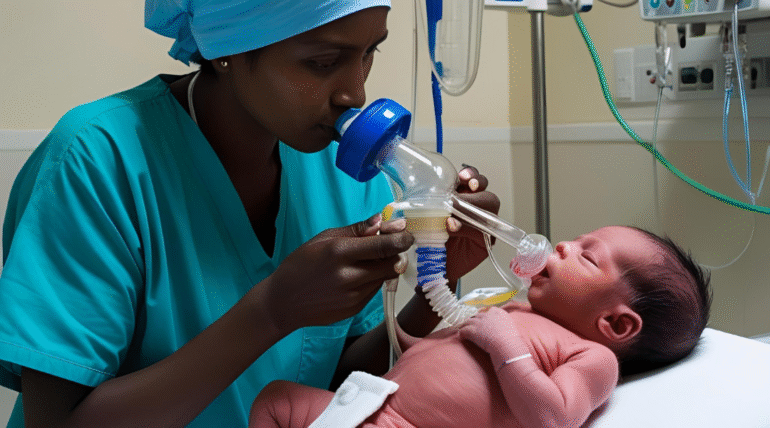
Case Studies 1:
Improved Respiratory Support for Premature Infants in Rural Hospitals
Background
A rural hospital in a developing region struggled with providing continuous respiratory support to premature infants. The hospital experienced frequent power outages, making traditional mechanical ventilators unreliable. The lack of access to advanced medical equipment and the high costs of continuous power usage further challenged their ability to deliver essential care.
Challenge
The hospital needed a reliable, battery-free, non-electric solution to provide consistent respiratory support to premature infants, especially when mechanical ventilators were unavailable due to power shortages.
Solution
The hospital adopted Ecopap’s Infant Tracheal Device, a non-electric device designed to deliver continuous positive airway pressure (CPAP). This innovative solution enabled safe, effective respiratory support for infants without the need for electricity or batteries. Its simple, user-friendly design empowered medical staff to manage respiratory distress effectively, even under challenging conditions.
Results
- Improved Oxygenation: Infants demonstrated better oxygen saturation levels and improved lung expansion while using the Ecopap device.
- Increased Efficiency: Medical teams provided uninterrupted respiratory care, even during power outages.
- Cost Savings: The hospital reduced electricity and maintenance expenses associated with mechanical ventilators.
- Patient Comfort: Families and caregivers found the device less intimidating, contributing to a more comforting experience for both infants and parents.
Testimonial
“We’ve seen remarkable improvement in how our premature infants respond to care. The Ecopap Infant Tracheal Device is easy to use, and it has made a huge difference in our ability to support newborns with respiratory distress. Plus, it’s incredibly reliable, even during power outages.”
— Dr. A. Patel, Pediatrician

